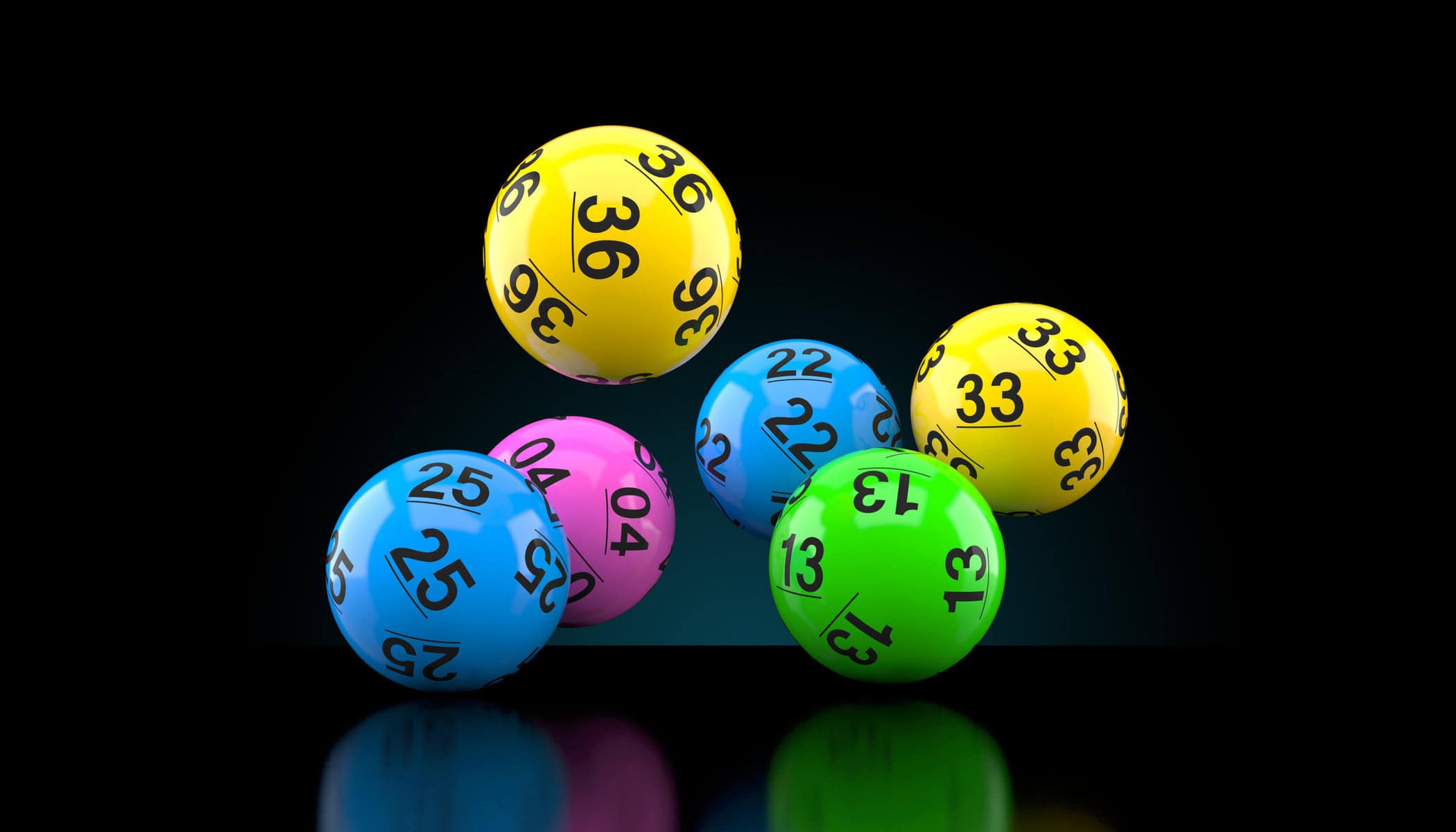Every week, millions of hopeful participants eagerly await the results of lottery draws, dreaming of a life transformed by a stroke of luck. Whether it’s a local raffle or a massive national jackpot, the thrill of the lottery transcends geographical boundaries and cultures, captivating hearts and minds. This article delves into the world of lottery data cambodia, exploring their origins, mechanisms, impact, and the allure that keeps people coming back for more.
The Origins of Lottery Draws
Lottery draws can be traced back thousands of years, with historical records indicating their existence in ancient China around 205-187 BC, where they were used to fund important projects like the Great Wall. Similarly, the Romans utilized lotteries as entertainment during lavish feasts. Over time, these games evolved, leading to the establishment of formal lotteries in the 15th century across Europe.
The modern lottery system, as we know it today, began in the 19th century. In the United States, the first state-sponsored lottery was established in 1964 in New Hampshire. This marked a significant turning point, as lotteries began to be seen as a legitimate source of revenue for public projects, including education and infrastructure.
How Lottery Draws Work
The mechanics of a lottery draw are relatively straightforward, though they can vary significantly from one lottery to another. Generally, participants purchase tickets, each bearing a unique combination of numbers. During the draw, a random selection of numbers is generated, and winners are determined based on how many of their ticket numbers match the drawn numbers.
There are different types of lottery draws, including:
- Traditional Lotteries: Players select a set number of numbers from a larger pool. For example, choosing six numbers from a range of 1 to 49.
- Instant Win Games: These are scratch-off tickets that provide immediate results, often requiring no waiting for a draw.
- Raffles: Participants buy tickets with a specific number, and winners are drawn from the ticket pool.
The appeal of lottery draws lies in their simplicity and the potential for life-changing winnings, often amounting to millions.
The Allure of Winning
What drives people to spend money on lottery tickets? The reasons are manifold:
- Hope and Aspiration: For many, the lottery represents a chance to escape financial struggles. The idea of winning can evoke hope and inspire dreams of a better life.
- Community and Social Interaction: Lottery draws often foster a sense of community. Friends and family may pool their resources to buy tickets, enhancing social bonds.
- Entertainment Value: The anticipation of a draw provides entertainment. The excitement builds as participants wait to see if their numbers will be called, making the process itself enjoyable.
- Philanthropic Appeal: Many state-run lotteries allocate a portion of their profits to community projects, education, and public services. This aspect can make participants feel they are contributing to a greater cause.
The Impact of Lottery Draws
While lottery draws can create wealth for winners, they can also have significant societal implications. Critics argue that lotteries disproportionately affect lower-income individuals, who may spend a higher percentage of their income on tickets. Additionally, the excitement of potential winnings can lead to gambling addiction for some players.
On the flip side, lotteries can generate substantial revenue for governments, helping to fund critical services and community programs. This dual nature of lotteries—both as a potential windfall and a source of societal concern—fuels ongoing debates about their regulation and impact.
